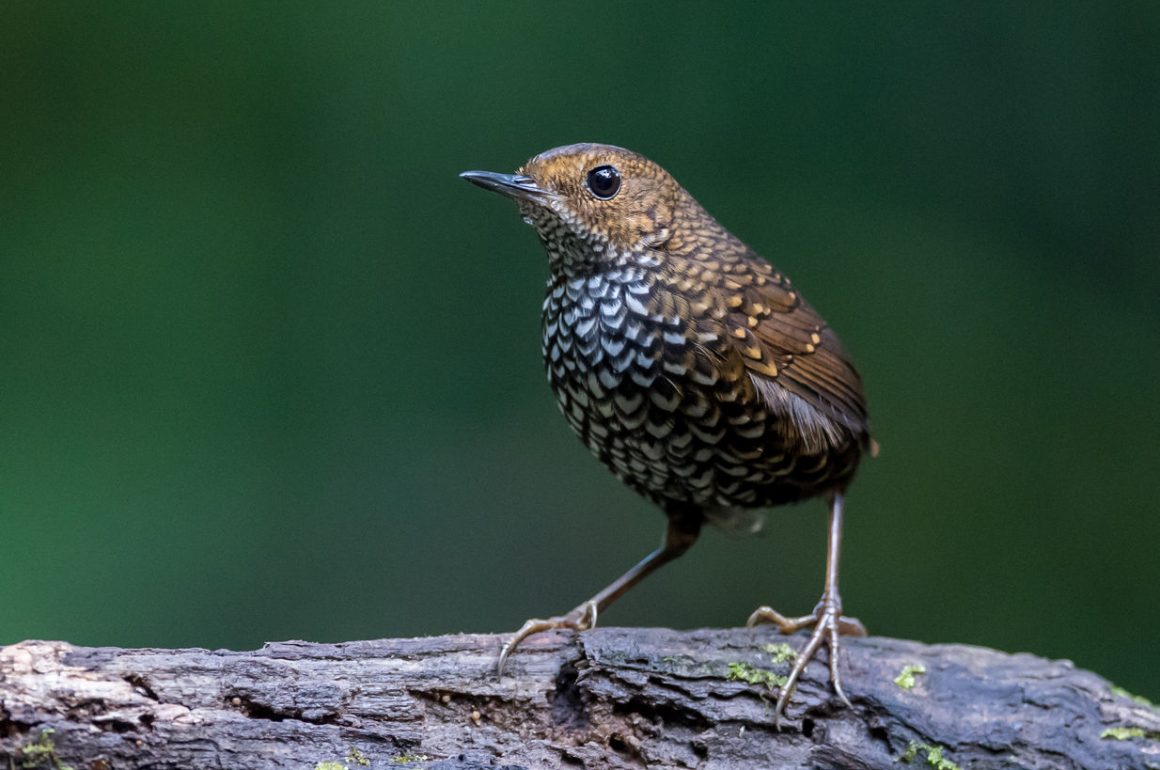
See the note at the end if you want to know more about birds …
I vaguely remembered how cuteness works, but to be sure, I asked ChatGPT: “Why are humans attracted to cuteness?”
“Humans are drawn to cuteness because it triggers a nurturing response that evolved to help us care for infants. Cute traits—like large eyes, round faces, small noses, and chubby cheeks—are characteristics of babies, which require constant attention to survive. These features activate our brain’s reward system, releasing dopamine and oxytocin, hormones that promote bonding and pleasure.”
That was kind of what I expected, but I had never been fully convinced by that explanation. So I shared this doubt with ChatGPT which in the meantime – an advantage over human conversation partners – had not started staring at a mobile phone: “That sounds reasonable. But I do not find babies and small children cute at all while I really appreciate cute kittens, birds, and dogs. How do you explain that?”
To its credit – and probably due to its programming and the commercial need not to repel potential future sources of revenue, like me – ChatGPT did not bluntly say “Because you are a monster”. Instead, it pretended to be quite understanding:
“Your response to cuteness may simply be more tuned to animals than to humans, which is actually not unusual. Different experiences, personalities, and even past memories can shape our preferences for what we find cute. Some people have stronger nurturing or protective responses to animals than to humans, often because animals can seem more innocent or needful of care. This might trigger a similar dopamine-driven pleasure response in your brain when you see a cute kitten, dog, or bird. It’s also possible that you connect with animal cuteness because animals often display specific behaviors or expressions that we interpret as vulnerable or affectionate. These traits may feel more engaging to you than the appearance or behaviors of small children.”
So, with this moral justification out of the way, here are 10 birds that I find particularly cute. I have restricted myself to adult birds (chicks are almost always cute – that would be cheating), and to birds I have already seen and photographed, thus no Burrowing Owl, Tufted Titmouse, or Kiwi species.
How could I not mention the Spoonbilled Sandpiper? Particularly as in October, I was out on the Shanghai mudflats and one individual was not bothered by me at all – getting closer and closer to me until I could not get photos anymore as the bird was too close. Then innocently walking by me at a distance of less than 2 meters. And mind you, this is a really small bird, and critically endangered. So it is very hard not to feel protective about it. (Unsurprisingly, a tourist area on the Jiangsu coast markets this cuteness to death – when I did a bird presentation there, I received a power bank with Spoonbilled Sandpiper drawings as a gift).
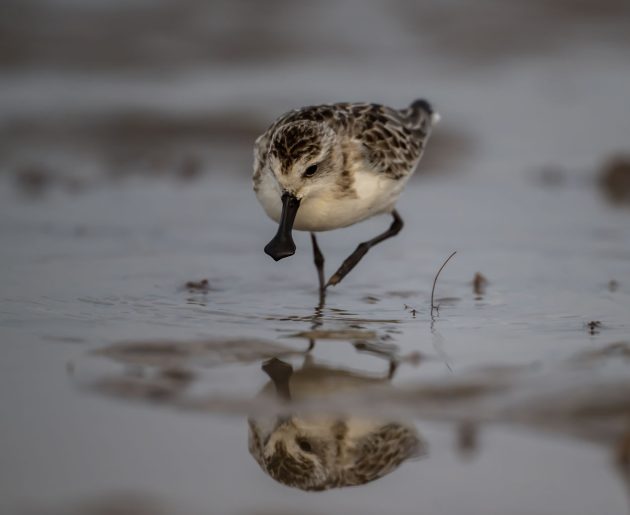
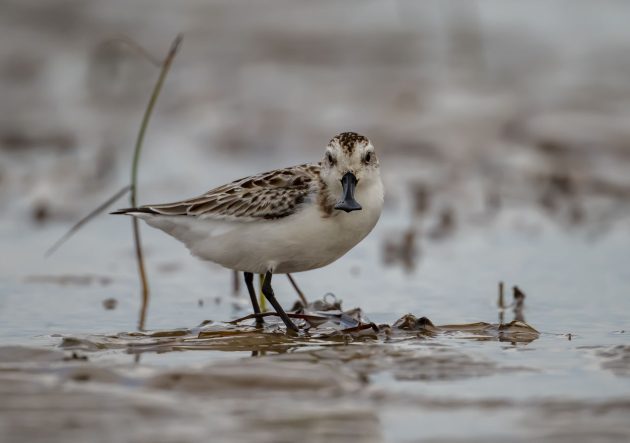
I still think somebody could make a fortune producing plush Dunlin toys, which would certainly sell very well given the cuteness of this bird. A friend I presented this idea to remarked that the bill would have to be just right – but I think that is doable as the slightly drooping top of the bill looks like that of a soft toy prepared by a shoddy worker.
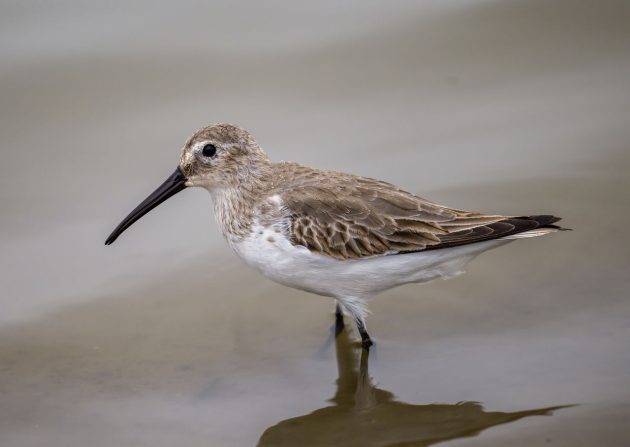
While its American cousin seems to get more attention online (see Sara’s recent post), the Eurasian Woodcock looks as cute, walks as cute, and definitely did not vote for Donald Trump. The better choice, I think.
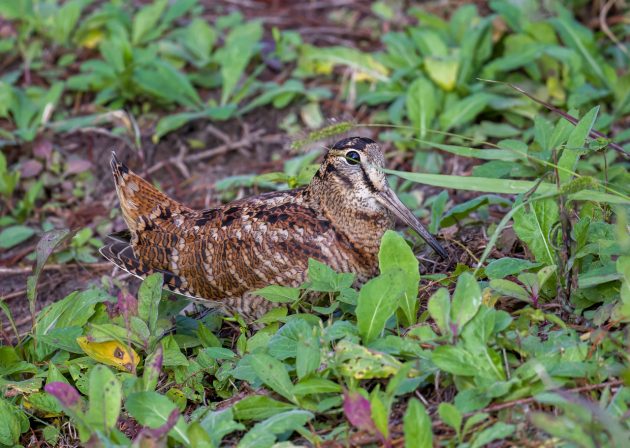
On the Facebook page of BBC Earth, Fatma Ahmed gushes about the Black-naped Monarch: “This must be the cutest bird I have ever seen!” Amy L Rose presumably agrees: “Very cute! I love that it looks like it’s wearing a little black hat”. No way I can say it any better than them.
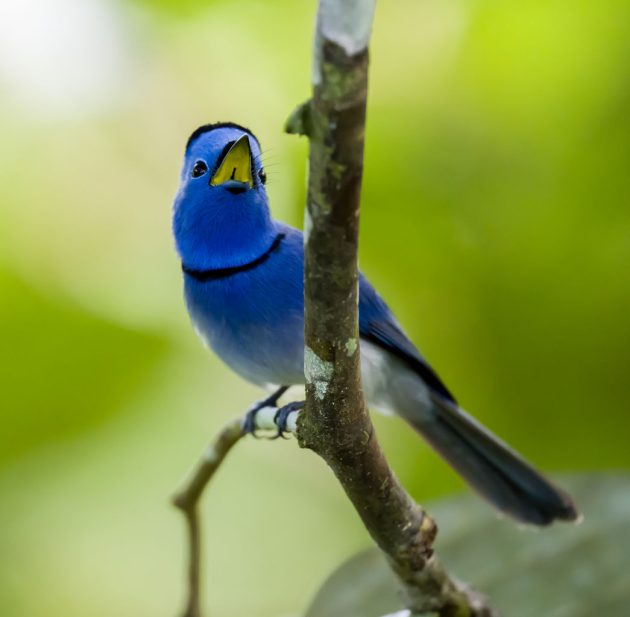
As I have mentioned in a previous post, the Long-tailed Tit – particularly those found on Hokkaido – is another species regarded as extremely cute. And while I generally prefer to disagree with popular opinion, it is hard to justify in this case. Stephen Moss even writes in The Guardian “When you discover that … the long-tailed tit is the only small bird that spends Christmas with its family, then their status in the pantheon of cuteness is confirmed.” I have no clue what he is talking about there, but I get the point about the cuteness.
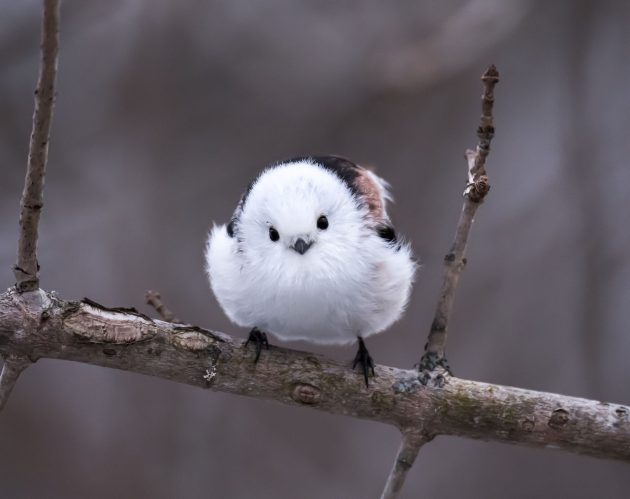
Can a bird look kind of evil and still cute at the same time? Yes – that is the ecological niche of the Oriental Scops Owl. But then, any animal that looks a bit like a cat has my cuteness vote anyway.
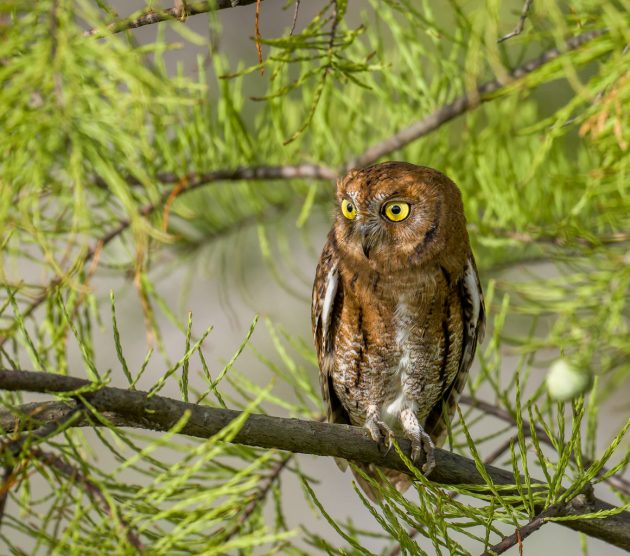
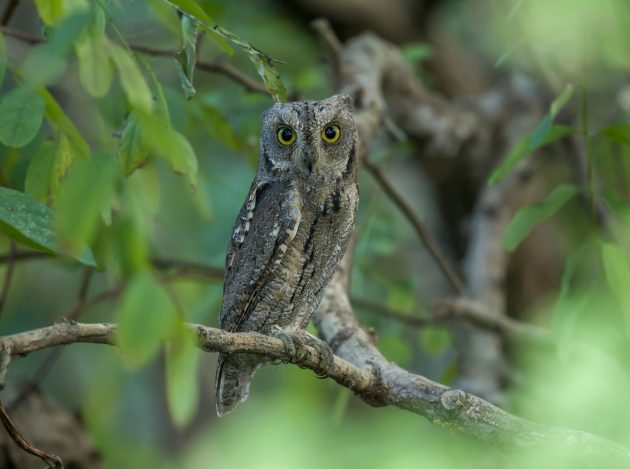
Of course, the same applies to the Little Owl. Somehow even its piercing eyes are cute despite reminding me of the stare my wife gives me whenever I forget to turn off the lights somewhere in our apartment at night.
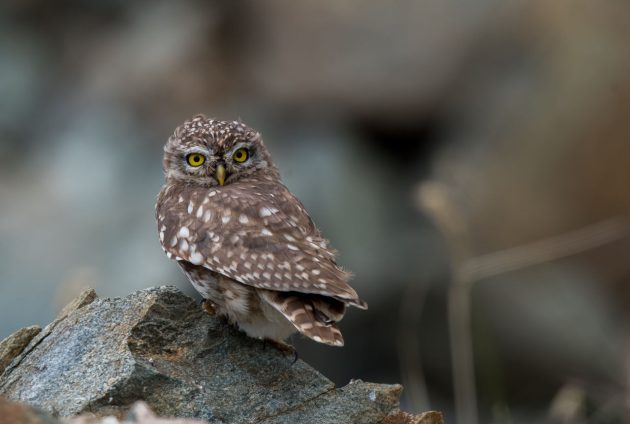
On Instagram, somebody named Sudip Saha calls the Black-and-Yellow Broadbill a “cute cartoon bird” – and indeed, the oversized and intensely colored bill of the bird makes it look like a Gary Larson creation rather than the result of millions of years of evolution.
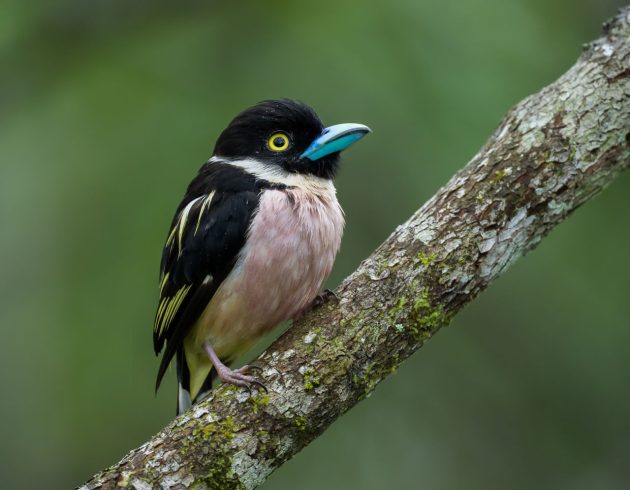
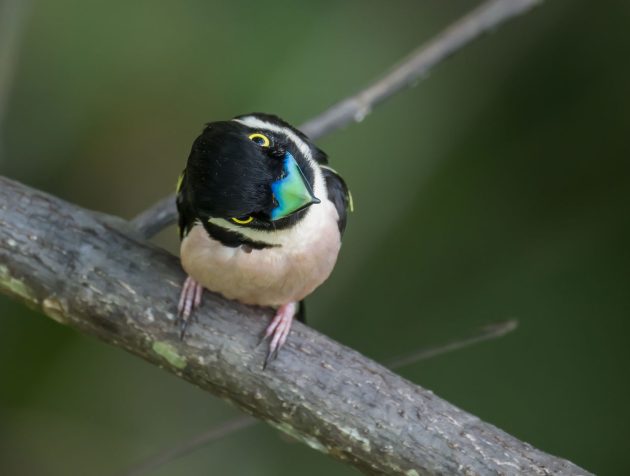
King Quails look essentially like overdecorated easter eggs (Faberge?), both with regard to shape and color. Somebody with a slightly cheesier mindset than me created a whole photo love story of a male king quail and its experience with fatherhood.
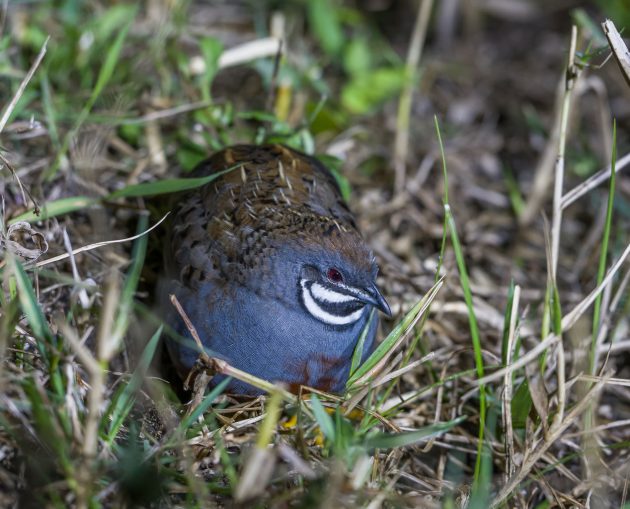
And finally, there is the Pygmy Cupwing. Another Instagram page claims that it is in competition with the Grey-bellied Tesia for cutest bird in Vietnam – and in my opinion, it wins this competition. The eBird entry says it all: “Essentially a tiny brown tennis ball supported by tiny chopsticks”.
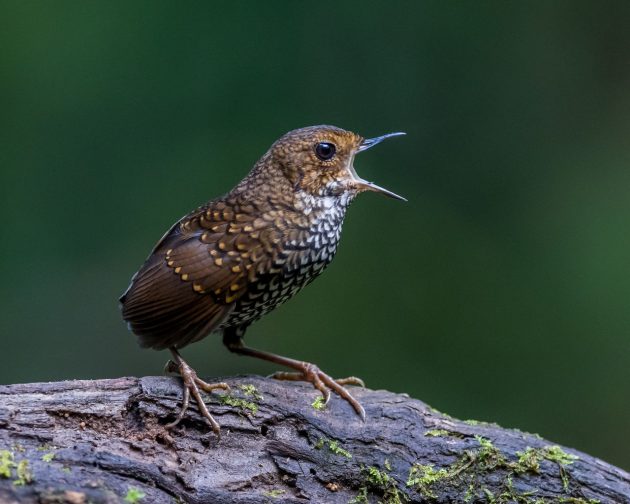
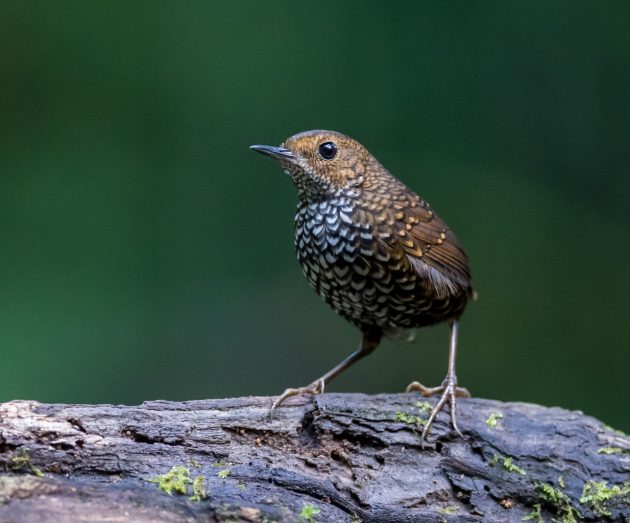
In case you think I have all gone soft and mushy, I will end this post with a rather contrasting music reference – “Richard II Or Extraordinary Popular Dimensions and the Madness of Crowds (Responsible Hate Anthem)” by Titus Andronicus. I think we really need more Responsible Hate Anthems, given who is currently in power (or will be soon) worldwide.
Remote animal science jobs: If your love for birds has ever made you wonder how to turn that passion into a profession, there are plenty of ways to get involved. From research to conservation, remote animal science jobs offer opportunities to work with animals and support the natural world.
Apart from a bunch of great writers, we also have weekly series on







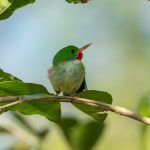



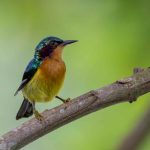


The Long-tailed Tit is the cutest of them all! Not all baby birds are cute (pigeons anyone?) but for cuteness it is hard to ignore a clutch of ducklings.
I agree: Long-tailed Tit, for the win! Although that Broadbill is a close runner-up.
Birding in Portugal, we saw Little Owl in trees, peeking out of windows of tumble-down sheds or sitting in the open. They are cuties!
Definitely all cute! But you know me, I’m a long tailed tit kind of a guy. Lol.
I’m also rather partial to Heron and frogmouth young, but only after they grow their down. ( ps, worth googling a baby frogmouth)
Fully agree on young frogmouths and also bitterns, but I left juveniles out of my list for the sake of fairness 🙂
No warbler in the list? hmmm, I wonder why… 😉
FYI, my wife and her friend saw some in Shanghai this week and they came back “now I understand why you like to watch birds, they are so cute!”
Super fun post to read!
Thanks, Michael! Which birds did they see?
As for the leaf warblers, they will prominently feature in a future post on 10 boring birds …
Piping Plover! Snowy Plover! So much cuter than Dunlin, but I guess we all have our individual, geographic preferences. For example, to me Woodcock look weird, not cute. Perhaps that could be another post.
Looking forward to your “10 Weird Birds” post, Donna – I will be happy to contribute a photo of a woodcock …
Wonderful birds
Lovely love birds
Little Owls always makes me smile. There’s something irresistibly charming about a bird that looks so serious and yet so small and round at the same